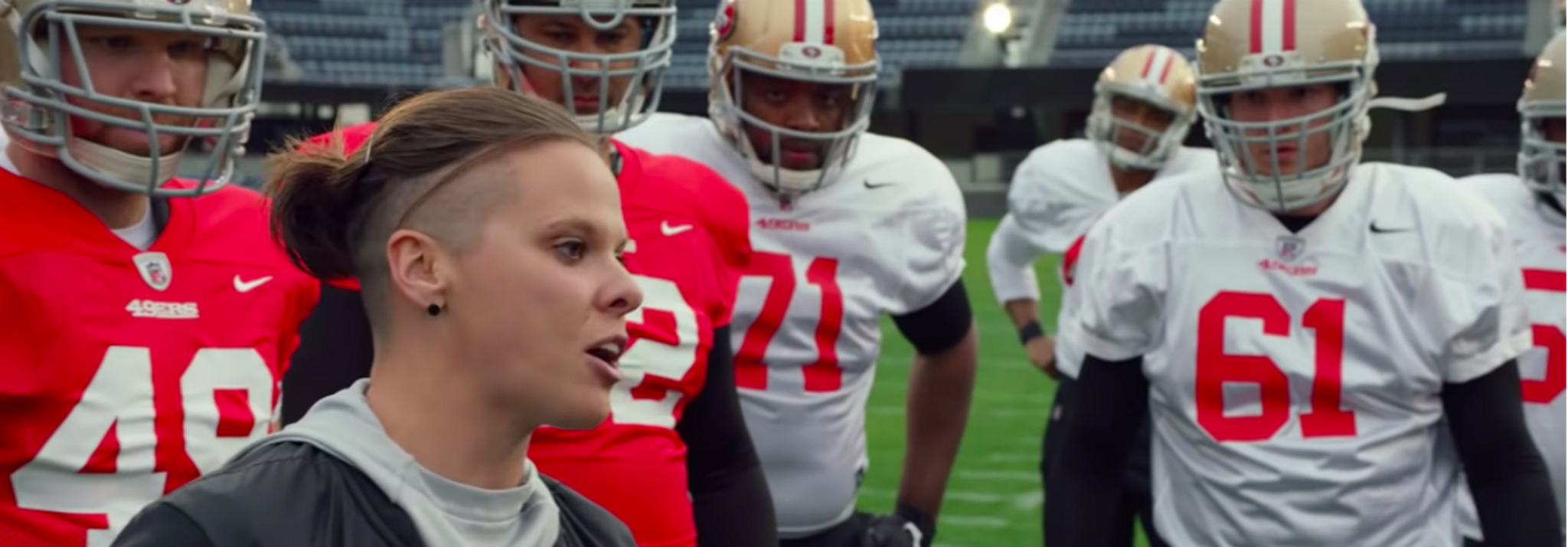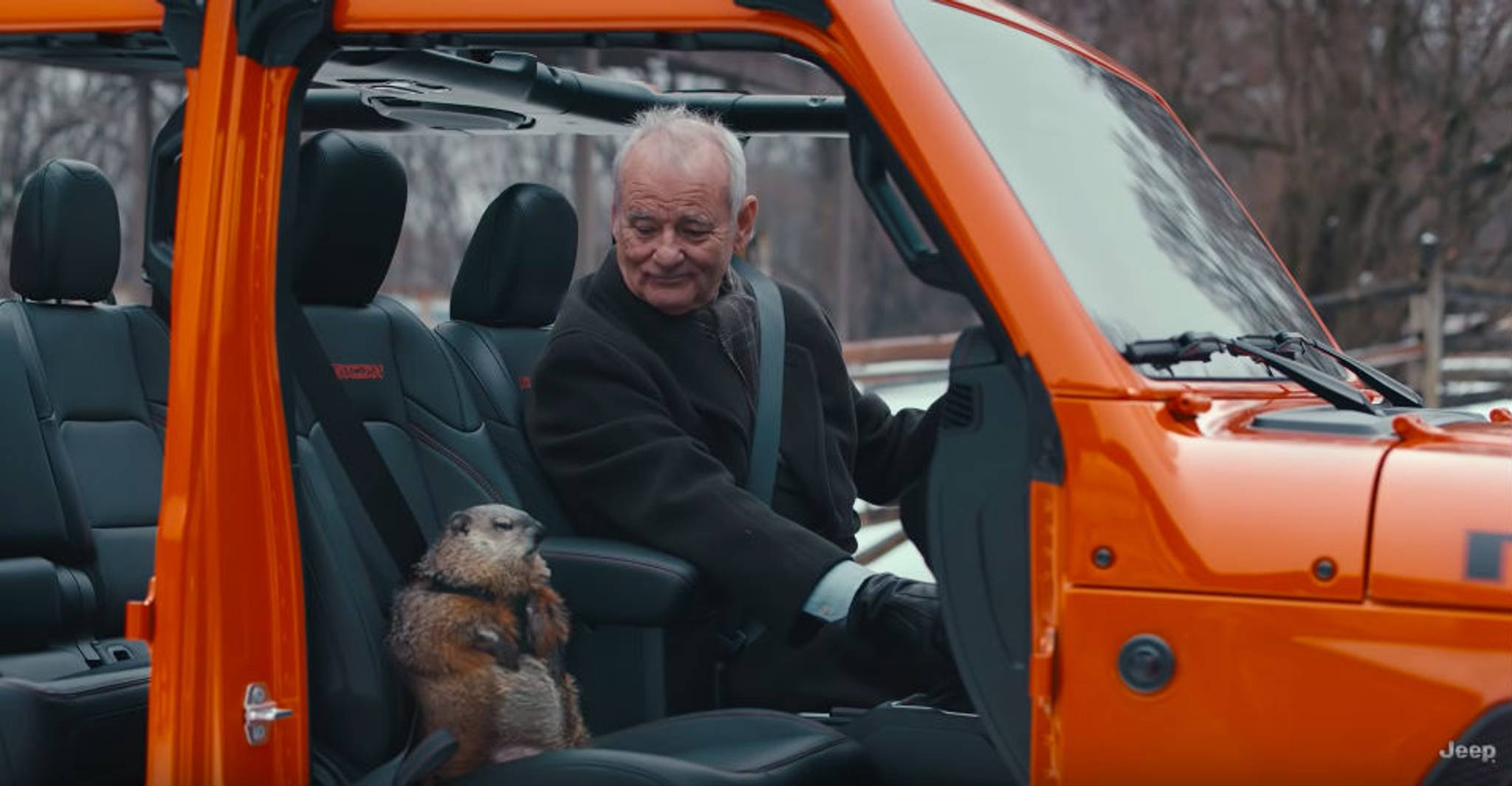
Why is optimistic advertising so appealing? How are people defining the ‘American Dream’ for themselves? And could breaking the fourth wall to subvert hard-selling win over new fans? Canvas8 unpicks the behavioral themes present in the most notable campaigns from the 2020 Super Bowl.
Following a year of political division and outspoken activism, the 2020 Super Bowl kicked off the new decade with flair and positivity. Punctuated by J. Lo and Shakira’s larger-than-life halftime performance, which marked a watershed moment for Latinos in the US, the game united Americans from far and wide around football – and the ads. Now that the dust has settled, Canvas8 has highlighted the key behaviors behind the most memorable commercials.
Fourth wall foolery
People appreciate subversions of traditional advertising
Values-led campaigns have become commonplace as brands have sought to keep up with a rising tide of consumer activism. But as people see through unfulfilled brand promises – just 30% trust 'corporate America' to do what is right – adland is turning to humor to express some uncomfortable truths.
From Little Caesars’ self-referential comedy to Snickers’ satirical take on cause marketing, brands empathized with ad-fatigued viewers by putting a mirror up to themselves. By self-consciously underlining the superficial nature of advertising, they broke away from the ‘hard sell’ to offer a more honest form of marketing.
Optimistic outlooks
People are rejecting negativity
Over the course of the 2010s, techno-optimism curdled into fear and cynicism as privacy scandals tarnished confidence in social media and search giants, while the rise of fake news sowed doubts about almost everything published online. In a fraught political and social climate, people want to be uplifted by ads and shown a world where things really can be better.
To this end, Google Assistant showed its tender side in a moving ad about an elderly man’s love for his late wife, showing how tech can help keep memories of loved ones alive. Meanwhile, Jeep had Bill Murray reprise his Groundhog Day role in a reimagined version of the tale where optimism prevails. And after killing off Mr. Peanut in a somber Super Bowl teaser ad for Planters, he was reincarnated during the game as Baby Nut, signaling a new beginning.

Everyday Americans
People are redefining the ‘American Dream’ in their own terms
As advertisers seek to connect with a vast range of Americans, this year’s Super Bowl ads demonstrated the power of elevating the underdog. By shining a light on the lives of ordinary folk and amplifying underrepresented voices, brands spoke to a desire to find common ground at a time of political polarization, acknowledging all the nuanced definitions of what it means to be American.
From Budweiser's 'Typical American' ad, which promoted patriotism by spotlighting small acts of kindness from ordinary citizens, to Hyundai's exaggerated Boston accents, there was a marked effort to celebrate the melting pot that is America, helping people to connect despite their differences.
Want to know more? Download the full report here.



